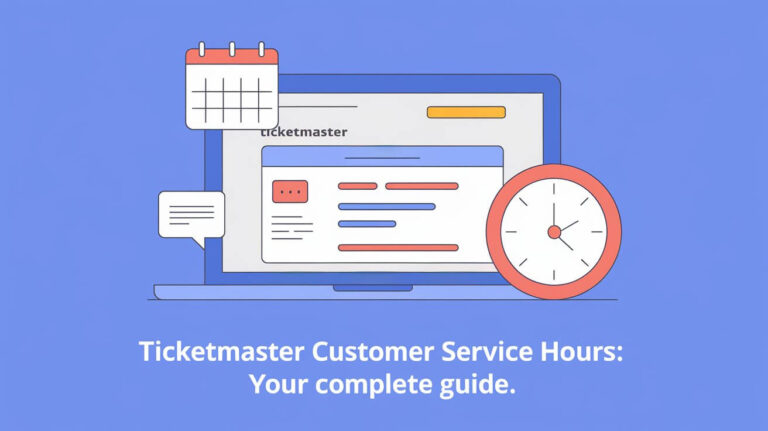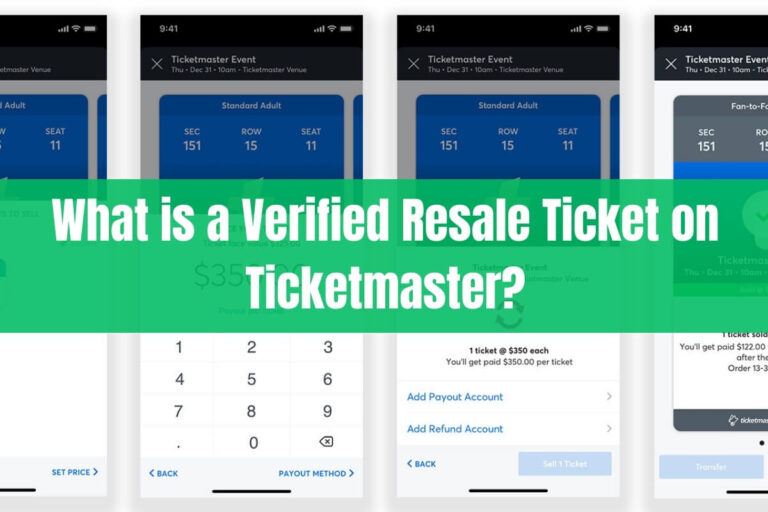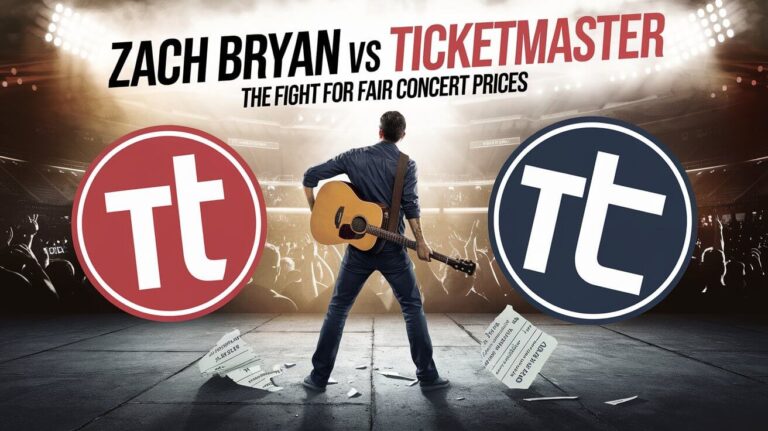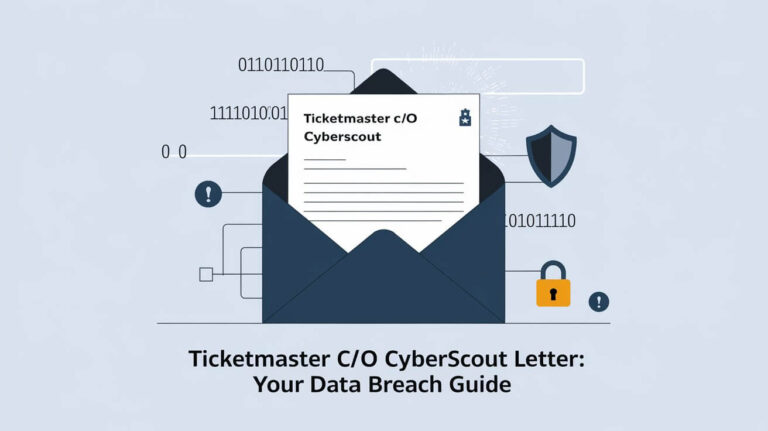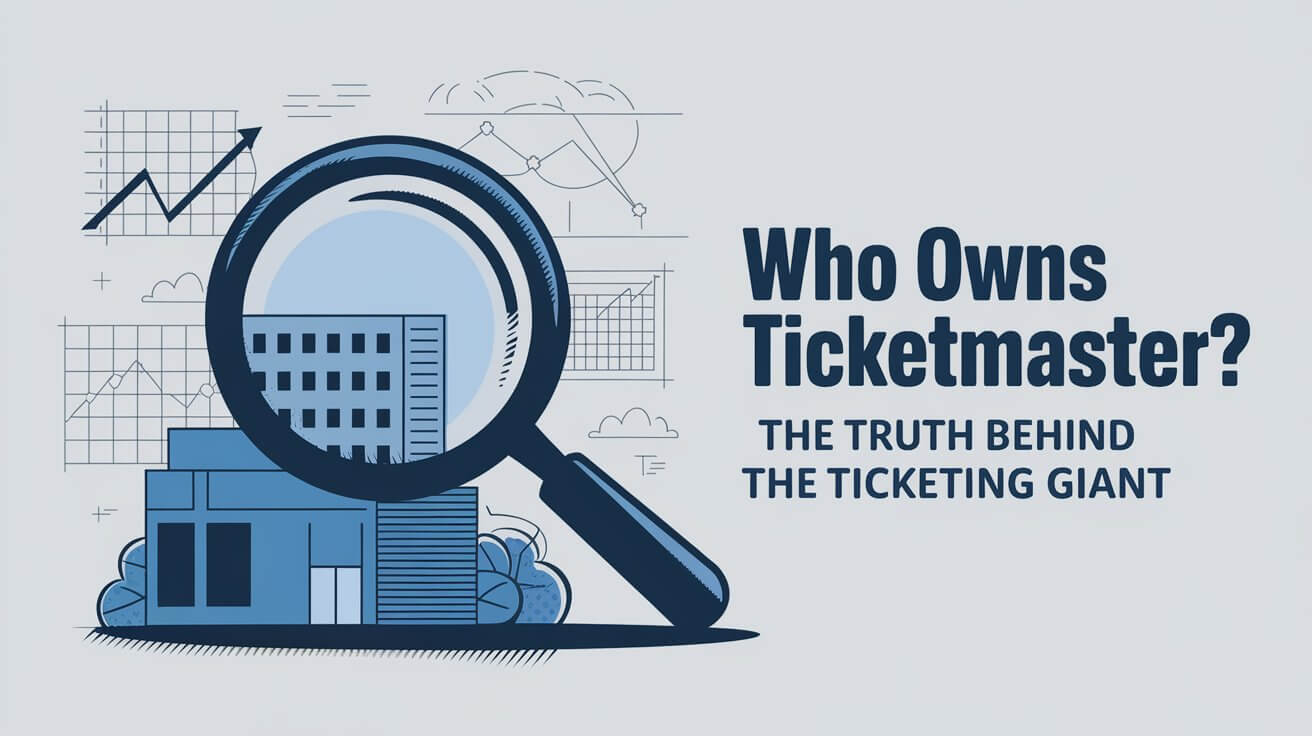
Ticketmaster, the world’s largest ticket seller, is owned by Live Nation Entertainment. This entertainment behemoth formed in 2010 when Live Nation merged with Ticketmaster. But there’s much more to the story of who controls this ticketing powerhouse. Let’s explore Ticketmaster’s ownership, its impact on the entertainment industry, and the controversies swirling around its market dominance.
The Birth of Ticketmaster
Founding and Early Years
Ticketmaster’s journey began on October 2, 1976, in Arizona. A group of innovators – Albert Leffler, Peter Gadwa, Gordon Gunn, Charles H. Hamby Jr., and George Hamby – laid the foundation for what would become a ticketing empire. Leffler, a computer scientist, teamed up with Gadwa, an artist and engineer, while Gunn brought his entertainment industry know-how to the table.
The company’s early days saw rapid growth. Ticketmaster revolutionized the ticketing process, moving away from physical box offices to computerized systems. This shift made buying tickets more convenient for fans and more efficient for venues.
Initial Growth and Expansion
Throughout the 1980s and 1990s, Ticketmaster expanded its reach. The company gobbled up smaller ticketing firms and forged partnerships with major venues across the United States. By the late 1990s, Ticketmaster had become the go-to ticketing service for most large-scale events in the country.
Live Nation Entertainment: The Current Owner
The 2010 Merger
The landscape of live entertainment changed dramatically in 2010. Live Nation, already a powerhouse in concert promotion and venue management, merged with Ticketmaster. This $2.5 billion deal created Live Nation Entertainment, a vertically integrated giant controlling multiple aspects of the live event industry.
The merger faced scrutiny from regulators concerned about potential monopolistic practices. However, it ultimately got the green light, albeit with certain conditions aimed at preserving competition in the industry.
Live Nation Entertainment’s Structure
Today, Live Nation Entertainment operates as a multinational corporation headquartered in Beverly Hills, California. The company has three main business segments:
- Concerts: This includes promoting, producing, and managing live music events.
- Ticketing: Primarily through Ticketmaster, handling primary and secondary ticket sales.
- Sponsorship and Advertising: Connecting brands with live music fans.
Ticketmaster functions as a wholly-owned subsidiary within this structure, maintaining its brand identity while benefiting from Live Nation’s vast resources and industry connections.
Key Players in Ticketmaster’s Ownership
Top Executives
Understanding who owns Ticketmaster involves looking at the leadership of Live Nation Entertainment. As of 2024, key figures include:
- Michael Rapino: President and CEO of Live Nation Entertainment
- Joe Berchtold: President and CFO of Live Nation Entertainment
- Mark Yovich: President of Ticketmaster
These executives shape the strategies and policies that guide Ticketmaster’s operations within the larger Live Nation framework.
Major Shareholders
While Live Nation Entertainment is a publicly traded company, it’s worth noting some of its largest shareholders. Institutional investors hold significant stakes, including:
- Liberty Media Corporation
- The Vanguard Group
- BlackRock, Inc.
These major stakeholders influence the company’s direction and decision-making processes, indirectly affecting Ticketmaster’s operations.
Ticketmaster’s Market Dominance
Market Share and Reach
Ticketmaster’s ownership by Live Nation Entertainment has solidified its position as the dominant force in ticketing. As of 2023, Ticketmaster controlled approximately 80% of the primary ticketing market for major U.S. venues. This massive market share gives the company unparalleled influence over how tickets are sold and priced.
Ticketmaster’s reach extends far beyond the United States. The company operates in more than 35 countries, including Canada, the United Kingdom, and Australia. This global presence allows Ticketmaster to leverage its technology and partnerships on an international scale.
Acquisitions and Partnerships
Ticketmaster’s ownership structure has enabled it to expand through strategic acquisitions and partnerships. Some notable moves include:
- Front Gate Tickets (2015): Strengthened Ticketmaster’s presence in the music festival market.
- Universe (2015): Added a do-it-yourself ticketing platform to Ticketmaster’s portfolio.
- UPGRADED (2018): Brought blockchain technology into Ticketmaster’s ticketing solutions.
These acquisitions have helped Ticketmaster maintain its competitive edge and adapt to changing market demands.
Controversies Surrounding Ticketmaster’s Ownership
Antitrust Concerns
The question of who owns Ticketmaster has become increasingly contentious due to antitrust concerns. Critics argue that the Live Nation-Ticketmaster merger has created a near-monopoly in the live entertainment industry. This concentration of power, they claim, stifles competition and hurts consumers.
In 2019, the Department of Justice alleged that Live Nation had violated the terms of a 2010 consent decree meant to keep the company’s power in check. This led to an extension of the decree and increased oversight of the company’s practices.
High Fees and Pricing Issues
Ticketmaster’s ownership structure has also faced criticism over its pricing practices. Fans often complain about high service fees, which can add a significant amount to the face value of tickets. In some cases, these fees have reached up to 78% of the ticket price.
The company’s use of dynamic pricing, which adjusts ticket prices based on demand, has also drawn fire. Critics argue this practice prices out many fans, particularly for high-demand shows.
The Department of Justice Lawsuit
Allegations Against Live Nation-Ticketmaster
In May 2024, the U.S. Department of Justice, along with 30 state attorneys general, filed a landmark antitrust lawsuit against Live Nation Entertainment. This action directly challenges Ticketmaster’s ownership structure and business practices.
The lawsuit alleges that Live Nation-Ticketmaster:
- Maintains illegal monopolies in concert promotion and ticketing markets
- Engages in anticompetitive conduct that harms fans, artists, and venues
- Uses its market power to stifle innovation and competition
These serious allegations could reshape the ticketing landscape if proven in court.
Potential Outcomes of the Lawsuit
The DOJ’s lawsuit against Live Nation-Ticketmaster could have far-reaching consequences for the company’s ownership and structure. Possible outcomes include:
- A forced breakup of Live Nation and Ticketmaster
- Stricter regulations on the company’s business practices
- Mandated divestitures of certain assets or business units
The resolution of this lawsuit will likely have a significant impact on who owns Ticketmaster in the future and how the ticketing industry operates.
Impact on Consumers and the Music Industry
Effects on Ticket Prices and Availability
Ticketmaster’s ownership by Live Nation Entertainment has had a profound impact on consumers. Ticket prices for live events have risen dramatically, outpacing inflation by a wide margin. Between 2010 and 2023, the average concert ticket price increased from $60.77 to $252, an annual growth rate of 11.5%.
Availability has also become a contentious issue. High-profile events often sell out in minutes, with many tickets ending up on the secondary market at inflated prices. This has led to frustration among fans and calls for reform in the ticketing process.
Influence on Artists and Venues
The question of who owns Ticketmaster isn’t just relevant to fans. Artists and venues also feel the effects of the company’s market dominance. Some artists have spoken out against Ticketmaster’s practices, arguing that high fees and restrictive contracts limit their ability to connect with fans.
Venues, particularly smaller independent ones, often feel pressured to work with Ticketmaster due to its market power. This can limit their options and potentially impact their bottom line.
Alternatives to Ticketmaster
Competing Ticketing Platforms
While Ticketmaster dominates the market, alternatives do exist. Some competing ticketing platforms include:
- AXS
- Eventbrite
- SeatGeek
- StubHub (for resale)
These companies offer different features and fee structures, providing some choice for consumers and event organizers.
Direct-to-Fan Ticketing Options
Some artists have explored direct-to-fan ticketing as a way to bypass Ticketmaster. This approach allows artists to have more control over ticket prices and distribution. However, it often requires significant resources and technical know-how to implement effectively.
The Future of Ticketmaster’s Ownership
Potential Changes Post-Lawsuit
The DOJ lawsuit could lead to significant changes in who owns Ticketmaster. If the government prevails, we might see:
- A separation of Ticketmaster from Live Nation
- New ownership structures or partnerships
- Increased competition in the ticketing market
Any of these outcomes would reshape the ticketing landscape and potentially benefit consumers through increased choice and lower fees.
Industry Trends and Predictions
Looking ahead, several trends could impact Ticketmaster’s ownership and the broader ticketing industry:
- Increased use of blockchain and NFT technology in ticketing
- Greater emphasis on mobile and contactless ticketing solutions
- Growing demand for more transparent and fan-friendly pricing models
These trends may force Ticketmaster and its owners to adapt their business practices to remain competitive.
The Ongoing Debate Over Ticketmaster’s Ownership
The question of who owns Ticketmaster remains a hot-button issue in the entertainment world. While Live Nation Entertainment currently controls the ticketing giant, ongoing legal challenges and market pressures could lead to changes in the future.
For now, consumers, artists, and regulators continue to grapple with the implications of Ticketmaster’s market dominance. As the industry evolves and new technologies emerge, the debate over ticketing practices and ownership structures is likely to intensify.
Whether you’re a casual concertgoer or a die-hard music fan, understanding who owns Ticketmaster provides valuable insight into the forces shaping the live entertainment experience. As this story continues to unfold, stay tuned for developments that could impact how we all access and enjoy live events in the years to come.

